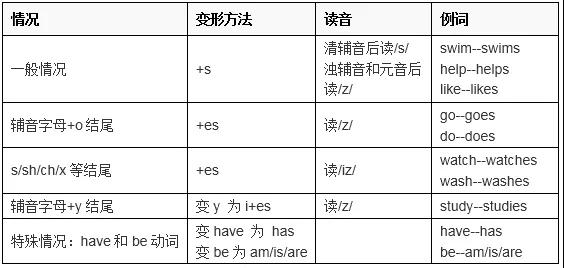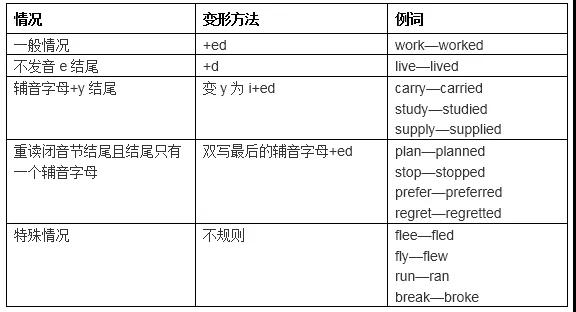考研英语有许多题目组成,方便大家及时了解,下面由出国留学网小编为你精心准备了“2019考研英语词汇:非谓语动词的时态”,持续关注本站将可以持续获取更多的考试资讯!
2019考研英语词汇:非谓语动词的时态
在考研英语中,现在分词短语和过去分词短语既然不能在句子中作谓语,一般充当的成分为定语和状语。
(一)分词短语作定语
现在分词短语和过去分词短语在作定语的区别为:现在分词短语与所修饰名词为主动关系,而过去分词与所修饰名词为被动关系。
例2000-(75)Additional social stresses may also occur because of the population explosion or problems arising from mass migration movements-themselves made relatively easy nowadays by modern means of transport.
【分析】此句的主干为Additional social stresses may also occur。 because of the population explosion or problems arising from mass migration movements 为原因状语。themselves made relatively easy nowadays by modern means of transport为同位语。其中,arising from mass migration movements 现在分词短语为后置定语,修饰problem。made relatively easy nowadays by modern means of transport过去分词短语作后置定语,修饰themselves。
【译文】由于人口猛增或大量人口流动(现代交通工具使大量人口流动变得相对容易)所引起的各种问题也会对社会造成新的压力。
(二)分词短语作状语
现在分词短语一般在句子中作原因和结果状语,过去分词短语在句子中也可作原因状语。
例2004-(64)Being interesting in the relationship of language and thought, Whorf developed the idea that the structure of habitual thought in a society.
【分析】Being interesting in the relationship of language and thought现在分词短语作原因状语。 that the structure of habitual thought in a society.为同位语从句。句子主干为Whorf developed the idea。
【译文】 由于沃尔夫对语言和思维的关系感兴趣,所以他发展了一个观点,即在一个社会中语言的结构决定了惯性思维的结构。
例2015-(46)This movement ,driven by powerful and diverse motivation...

